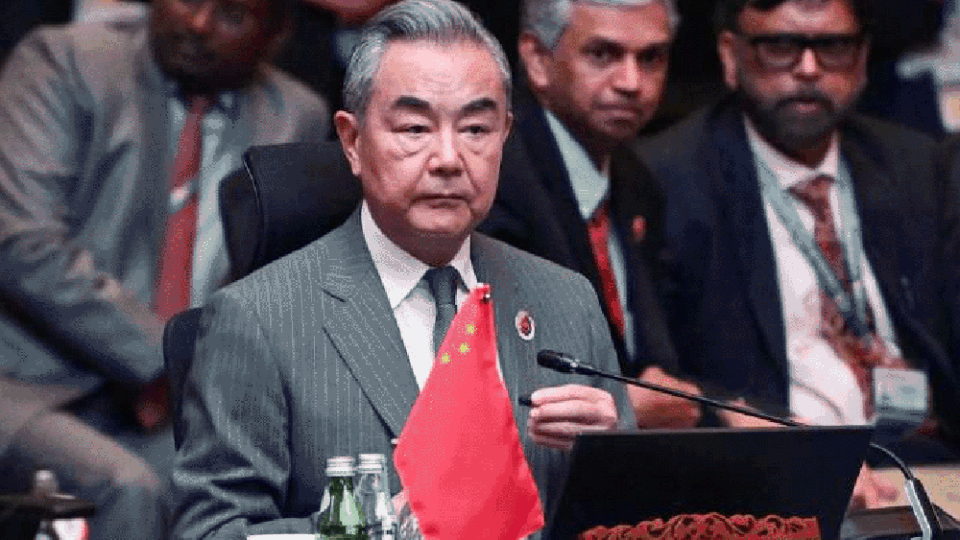India and China Agree to Resume Flights, Boost Trade Amid Border Talks
NEW DELHI (August 20, 2025): India and China have agreed to resume direct flights, expand trade, and increase investment flows as both nations cautiously rebuild ties strained by a deadly border clash in 2020.
The announcement came after Chinese Foreign Minister Wang Yi’s two-day visit to New Delhi, where he held the 24th round of border talks with India’s National Security Advisor Ajit Doval.
Key Outcomes of the Talks
-
Direct flights between the two countries, suspended since COVID-19, will resume soon (no exact date announced).
-
Border trade will reopen at three designated points.
-
Visa facilitation measures will be introduced to boost people-to-people exchanges.
-
Both sides agreed to establish a working group on border affairs to speed up delimitation talks.
China confirmed that discussions will also cover eastern and middle border sections, while another round on the western front will be scheduled soon. Both countries also agreed to hold the next round of talks in China in 2026.
Leaders Stress Stability and Peace
Prime Minister Narendra Modi, after meeting Wang, said:
“Stable, predictable, constructive ties between India and China will contribute significantly to regional as well as global peace and prosperity.”
Modi is set to visit China later this month for the Shanghai Cooperation Organisation (SCO) summit — his first trip there in over seven years.
Wang Yi emphasized that healthy China-India relations are in the fundamental interests of both nations’ people, adding that mutual trust and dialogue must guide cooperation.
Concerns Over Tibet Dam
India raised strong concerns regarding China’s mega dam project on the Yarlung Zangbo River in Tibet, which flows into India and Bangladesh as the Brahmaputra — a crucial water source for millions.
New Delhi stressed the need for utmost transparency, warning of risks to downstream states.
In response, China agreed to:
-
Share emergency hydrological data with India.
-
Engage in expert-level talks on cross-border rivers.
-
Maintain communication to renew flood reporting arrangements.
Chinese officials maintain the project will not harm downstream supplies, but India and Bangladesh remain wary.
Trade and Resource Cooperation
During discussions, Wang assured India that Beijing was working to address three key concerns:
-
Access to fertilisers
-
Supply of rare earths
-
Availability of tunnel boring machines
These are critical for India’s agriculture, technology, and infrastructure development.
Looking Ahead
Both nations appear to be taking cautious steps toward stabilizing relations, balancing long-standing border disputes with mutual economic interests.
Analysts note that these moves come amid shifting global dynamics and U.S. President Donald Trump’s unpredictable foreign policy, which has pushed both Asian powers to strengthen bilateral channels.

